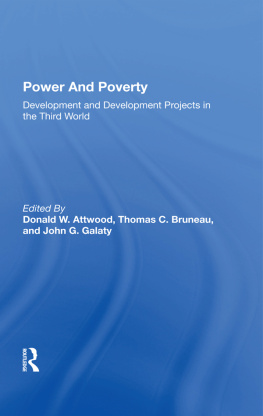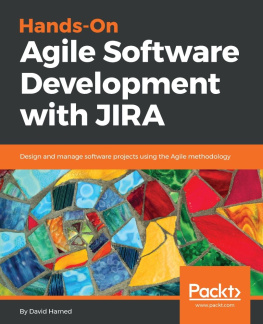Suan Maiava - A Clash of Paradigms: Response and Development in the South Pacific
Here you can read online Suan Maiava - A Clash of Paradigms: Response and Development in the South Pacific full text of the book (entire story) in english for free. Download pdf and epub, get meaning, cover and reviews about this ebook. year: 2018, publisher: Routledge, genre: Politics. Description of the work, (preface) as well as reviews are available. Best literature library LitArk.com created for fans of good reading and offers a wide selection of genres:
Romance novel
Science fiction
Adventure
Detective
Science
History
Home and family
Prose
Art
Politics
Computer
Non-fiction
Religion
Business
Children
Humor
Choose a favorite category and find really read worthwhile books. Enjoy immersion in the world of imagination, feel the emotions of the characters or learn something new for yourself, make an fascinating discovery.

- Book:A Clash of Paradigms: Response and Development in the South Pacific
- Author:
- Publisher:Routledge
- Genre:
- Year:2018
- Rating:5 / 5
- Favourites:Add to favourites
- Your mark:
A Clash of Paradigms: Response and Development in the South Pacific: summary, description and annotation
We offer to read an annotation, description, summary or preface (depends on what the author of the book "A Clash of Paradigms: Response and Development in the South Pacific" wrote himself). If you haven't found the necessary information about the book — write in the comments, we will try to find it.
This title was first published in 2001. This study indicates that researchers have far to go in understanding and assessing how development projects work. The author shows that, often, the perception of failure is not shared by those whom were intended to benefit. She uses a case study of Samoan villagers introduced to cattle farming to examine the wider development process and challenge the conventional theories. By drawing on people-centred perspectives that give much greater weight to the role of culture in development, the volume does not simply criticize development project management, but suggests practical and positive ways forward, encouraging spontaneous indigenous development which should be supported by projects where appropriate.
Suan Maiava: author's other books
Who wrote A Clash of Paradigms: Response and Development in the South Pacific? Find out the surname, the name of the author of the book and a list of all author's works by series.




